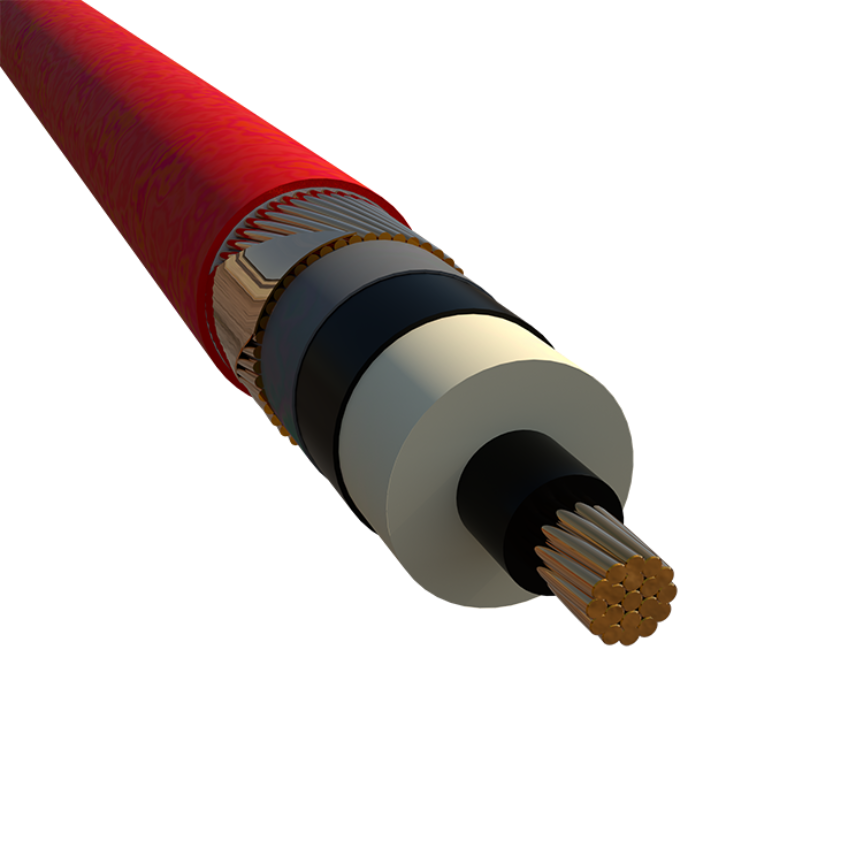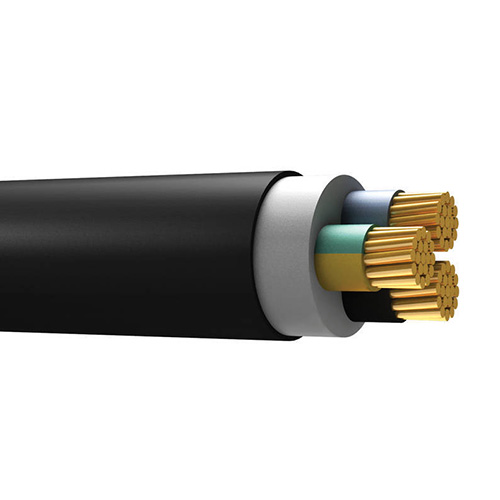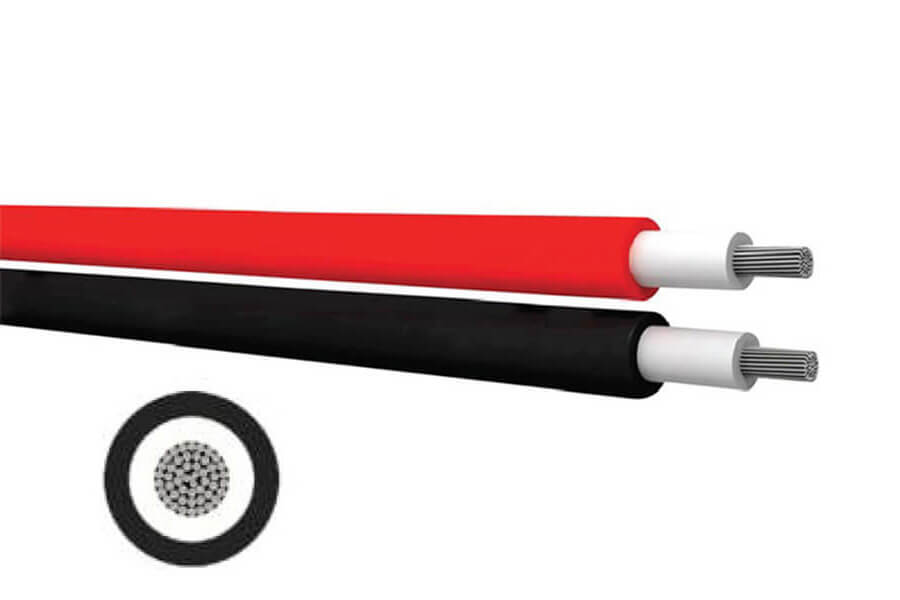CABLES
CABLES
Cables are indispensable components for energy transmission and distribution. They ensure the safe, efficient and uninterrupted transmission of electrical energy. Our company offers cables of various types and sizes to suit different applications and requirements. Our cables are made of high quality materials and are long-lasting and reliable. Our cables, which can be used in both indoor and outdoor applications, are designed to be resistant to different environmental conditions. Here is a detailed description of the cables we offer and some special cable types:
XLPE Cables:
Definition and Areas of Use: XLPE (Cross Linked Polyethylene) cables are cables used for medium and high voltage energy transmission. They are widely used in electrical networks, power plants and industrial applications.
Construction and Material: XLPE cables are made of copper or aluminum conductors and coated with XLPE insulation material. The outer sheath is usually made of PVC, PE (Polyethylene) or HFFR (Halogen-Free Flame Retardant) material.
Features: XLPE insulation has excellent electrical and thermal properties. Provides high tensile strength and temperature tolerance. Additionally, it is resistant to environmental stress, chemicals and moisture. XLPE cables have higher current carrying capacity and offer high performance even in thinner cross-sections.

NYY Cables:
Description and Areas of Use: NYY cables are low voltage power cables widely used for energy transmission and distribution. They typically operate at voltage levels of 0.6/1 kV and are used in indoor installations, industrial facilities and infrastructure projects.
Structure and Material: NYY cables consist of copper or aluminum conductors and are coated with PVC (Polyvinyl Chloride) outer sheath. This sheath protects the cable against external factors and ensures long-lasting use.
Features: NYY cables offer ease of installation with their flexible and easy-to-process structure. Additionally, they provide safe use with their fire-resistant properties. They can be used in both indoor and outdoor applications and are resistant to harsh environmental conditions.

Solar Cables:
Definition and Areas of Use: Solar cables are special cables used in solar energy systems. In photovoltaic (PV) systems, they provide energy transmission from solar panels to energy inverters.
Construction and Material: Solar cables are generally made of flexible copper conductors and coated with a double layer of insulation material. The insulation material is resistant to high temperatures, UV rays and ozone.
Features: Solar cables offer high resistance to extreme temperature changes and external factors. It is fire resistant and long lasting. Additionally, it is environmentally friendly thanks to its low smoke and halogen-free (LSZH) properties. They provide low resistance and high conductivity to increase the efficiency of solar energy systems.


